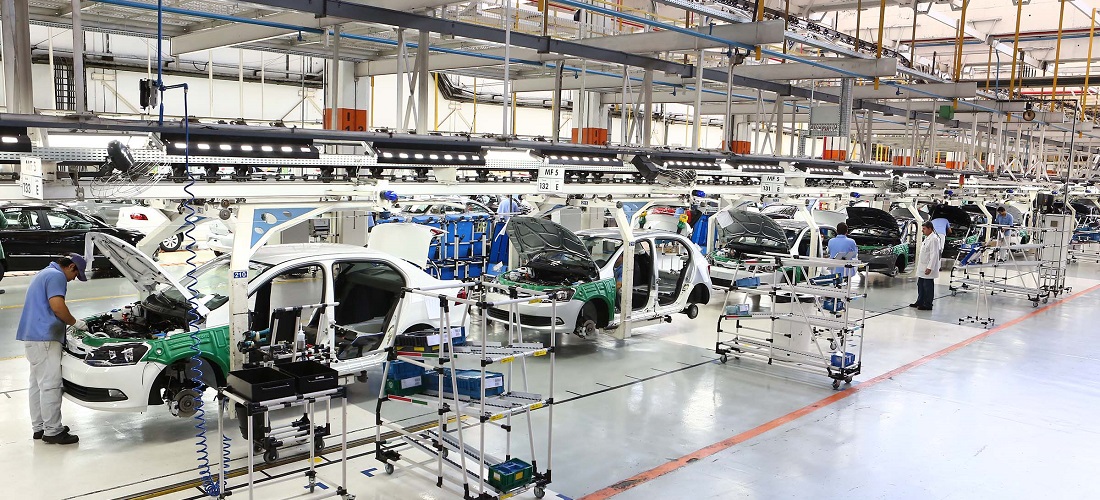
Trump’s Auto Tariffs Threaten $1.6 Billion in Brazilian Exports, Most in Auto Parts
Apr, 07, 2025 Posted by Sylvia SchandertWeek 202516
The 25% tariffs imposed by U.S. President Donald Trump on automobiles and their components affect more than US$1.6 billion in Brazilian exports to the United States, most of which are auto parts.
Trump’s executive order, published on March 26, was justified as a move to stimulate investment and job creation in the U.S. This action preceded the broader tariff package announced on Wednesday (April 2), when Trump imposed a minimum 10% tax on all of America’s trade partners, including Brazil.
When the executive order targeting the automotive and parts sectors was first released, the impact on Brazil’s export portfolio could not be estimated, as the affected product codes had not been disclosed.
The Trump administration finally made those details public on Thursday (April 3). They show that the impact on the automotive sector will be relatively small since Brazil exported only US$6.9 million in fully assembled vehicles to the U.S.—compared to global exports of US$4.4 billion.
According to data from Comex Stat, the Brazilian government’s foreign trade statistics system, the auto parts segment is considerably exposed to Trump’s tariffs.
The U.S. was Brazil’s second-largest foreign market for its auto parts industry, behind Argentina. According to Comex Stat data, the US$1.6 billion exported to the U.S. represents 18% of total international sales of parts now subject to Trump’s tariff.
According to experts consulted by Folha de S. Paulo, it is still too early to estimate the full impact on the sector, as it will depend on how production chains adapt to the new tariff reality imposed by the Republican administration.
Nevertheless, the numbers suggest that Brazil’s trade volume is significant.
The 25% tariffs on vehicles and parts are not cumulative with the 10% surcharge Trump applied to all Brazilian exports.
In addition to these barriers, Brazil is already facing a 25% surcharge on steel and aluminum—the first measure in Trump’s trade war to affect Brazil.
The Lula administration regards the metallurgical sector as strategic. In 2024 alone, Brazil exported US$3.5 billion in semi-finished iron or steel products to the U.S.
The additional vehicle tax went into effect on April 3, and the tariffs on auto parts are expected to begin on May 3.
President Lula’s government is evaluating how to respond to Trump’s tariff hikes that impact Brazil.
The presidential palace, Palácio do Planalto, plans to act on two fronts: publicly signaling that it has the means for retaliation and is prepared to adopt countermeasures if necessary; and, at the same time, assessing the real impact of the tariff hikes on Brazilian exports, mapping out possible opportunities, and pushing for bilateral talks to negotiate export quotas for steel and aluminum.
Source: MSN
-
Shipping
Jun, 07, 2022
0
CMA CGM orders its first methanol-powered containerships
-
Other Cargo
Sep, 13, 2021
0
Fertilizer imports rise 21.4% in June year-on-year
-
Ports and Terminals
Jan, 10, 2021
0
SPA launches public bid for an Internet of things (IoT) in the Port of Santos
-
Other Logistics
Dec, 21, 2020
0
ANTT signs contracts that facilitate investments of over R$17bn in next 30 years



